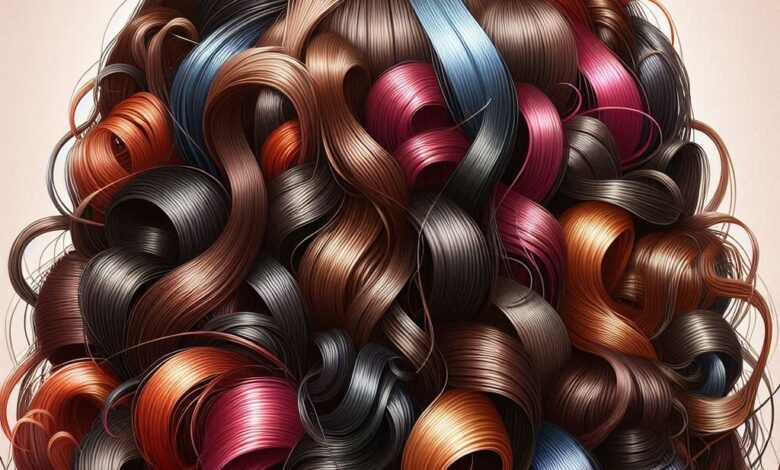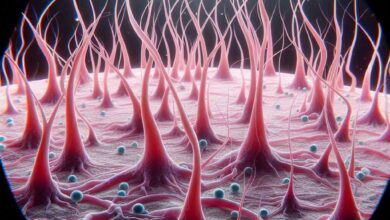Keravive Scalp Treatment: Hype or Hope for Hair Loss?

Hair loss is a common concern for many, and the search for effective solutions can lead down a winding path of products and procedures. Keravive scalp treatment has emerged as a popular option, but does it truly live up to the hype? Let’s delve into the claims and explore what the research (and users) have to say.
What is Keravive Scalp Treatment?
Keravive is a scalp treatment offered by HydraFacial, a company known for its facial skincare systems. The treatment involves several steps:
- Exfoliation: The scalp is exfoliated to remove dead skin cells and stimulate circulation.
- Serum Delivery: A specialized serum containing peptides and growth factors is delivered to the scalp.
- Nourishment: Moisturizing and nourishing products are applied to hydrate the scalp.
The Claims of Keravive:
Keravive claims to promote healthier hair growth by:
- Improving Scalp Health: By addressing issues like dryness, flakiness, and clogged follicles.
- Stimulating Hair Follicles: The use of growth factors and peptides aims to encourage hair growth.
- Increasing Hair Density and Thickness: The treatment promises fuller, healthier-looking hair.
Does Keravive Actually Work?
The research on Keravive’s effectiveness is limited. However, some user experiences and smaller studies suggest potential benefits:
- Improved Scalp Health: Many users report a healthier scalp feeling less dry or itchy after the treatment.
- Possible Hair Growth Improvement: Some users experience increased hair density or thickness, although results may vary.
Important Considerations:
While some positive experiences exist, there are also factors to consider:
- Limited Scientific Evidence: Large-scale, long-term studies are needed to definitively prove Keravive’s effectiveness for hair loss.
- Not a Cure: Keravive is not a cure for baldness. It may help some with hair health and possible growth, but results are not guaranteed.
- Maintenance Might Be Needed: Even if effective, multiple Keravive sessions and ongoing scalp care might be necessary for sustained results.
- Cost: Keravive can be a costly treatment, and insurance typically doesn’t cover it for hair loss.
Alternatives to Consider:
Several established hair loss treatments are available with more scientific backing:
- Minoxidil: A topical medication proven to slow down hair loss and promote some regrowth.
- Finasteride: A medication for men that addresses hormonal hair loss.
- Hair Transplants: A surgical procedure for transplanting hair follicles to bald or thinning areas.
The Takeaway
Keravive offers a potential approach to scalp health and hair growth, but its effectiveness remains uncertain. Consulting a dermatologist is crucial to discuss your specific needs and explore evidence-based treatment options. They can also advise on whether Keravive might be a suitable addition to your hair loss strategy, keeping your expectations realistic.
Remember, a personalized approach that addresses the underlying cause of your hair loss is likely the most effective course of action.




